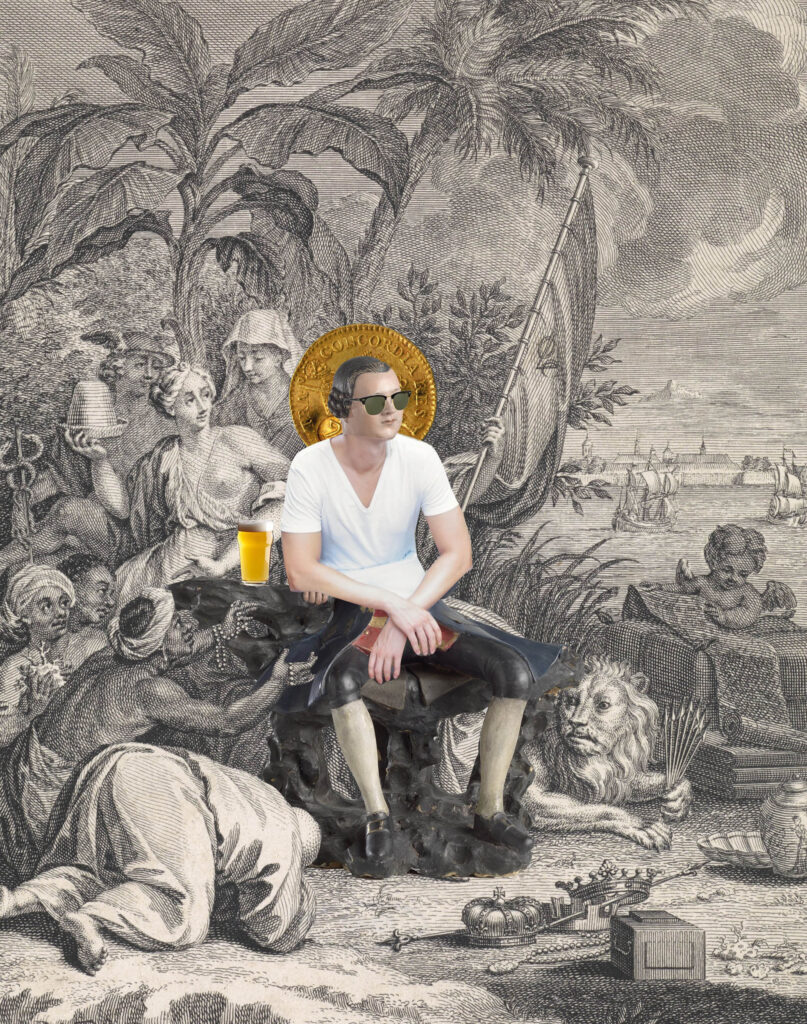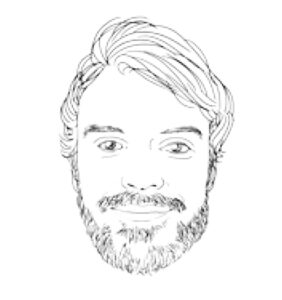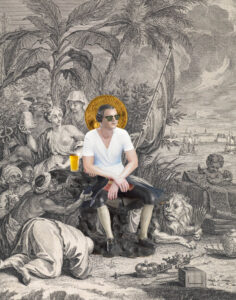When I was 19, I went to Africa to save it.
I flew with some other well-meaning white people from London to Entebbe in Uganda, with the noble mission of building a water tank.
Cruising at 30,000 feet, I realised I’d never been in a space with more Black people than white people before. On that plane, I was in the minority for the first time in my life.
That thought somehow blended with the book I’d bought in the terminal before taking off. The State of Africa, written by Martin Meredith, gave me a cold analysis of the tyrannical leaders that had plagued Africa in the decades since independence. But it first explained who each country had gained independence from. Mostly the U.K. and France, it turned out.
I learnt the word “colonialism.” I literally had no idea. I was 19 and naive. “Empire” was a Star Wars word, not an understanding of my country’s place in the world.
As I turned the pages, hoping to find a sliver of good news about the British, a small peg to hang my patriotism on, I started to feel pretty guilty. The author made the link to neo-colonialism. It wasn’t just an historic evil—the U.K. was still exploiting its former colonies, now through an unfair global trading system.
It wasn’t enough that we invaded their countries, invented the con centration camp, and destroyed millions of people’s lives. We were still profiting off of an exploitative system we set up. I was feeling pretty bad. Maybe we wouldn’t get the warm welcome we expected when we got to Uganda.
Looking around the plane, I once again became aware of my whiteness. Then, out of nowhere, a member of the cabin crew asked me: “are you white?”
I said nothing. The answer is yes, of course, but I stayed quiet.
“Are you white?”
Yes, of course I am, but I am so sorry, I wanted to say. I am on my way to try and help, and I am learning about the historic ills of my forefathers. Also, why are you picking on me?
“Are you white?”
“Yes,” I admitted, ashamed and afraid of what was to come.
“Here is your vegetarian meal, Mr. White.”
White Man’s Burden
The welcome at Entebbe was warmer than I anticipated. We went to build a water tank, got there and realised we didn’t know how, so we watched the Ugandans build it. The professional Ugandan plumbers then thanked us for building it.
This is a typical experience for many would-be white saviours who seek to save Africa. In fact, there is even an organisation in Uganda, No White Saviours, born out of an Instagram account, which specifically aims to identify and call out people’s White Saviour Complex (WSC).
A few years later I was once again forced to confront my country’s place in the world on the first day of my astronomically expensive master’s degree in the “poverty-reducing” field of international development. I was expecting practical modules, but we began by reading a poem.
“The White Man’s Burden: The United States and the Philippine Islands”, by Rudyard Kipling, is literally about a British imperialist encouraging the Americans to pick up where we left off. The poem encourages the American reader to pick up the imperialist mantle and embrace the white people’s divine mission—to civilise the non-white people.
“Take up the White Man’s burden—
Send forth the best ye breed—
Go bind your sons to exile
To serve your captives’ need”
The Americans were happy to oblige, and have spent the last two centuries joyfully continuing this civilising mission. On that first day of graduate school, my patriotism took another knock, and I rethought the warm regard I had always held for Kipling, the author of The Jungle Book.
The False Promise of Volumtourism
The subject of “voluntourism” came up next. Vrasti and Montsion consider the practice akin to Victorian philanthropy— Westerners volunteering abroad, often in Africa, as a marker of their privileged status.
At the very least, when volunteers think that they can “make a difference” and single-handedly help a poverty-stricken community, there is very little reflection on the historical and political context that led to them being in that position in the first place.
I had seen it in person, and now I was reading about it. Volunteers normally aren’t qualified, so were we really so racist we thought we could just turn up and help with no skills?
The nail in the coffin of my career in international development came from a simple, surprisingly personal statement from a lecturer: “It’s worth considering why you want to do this.”
In The Need to Help, Liisa H. Malkki takes a close look at members of the international Finnish Red Cross. She finds that they have a deep psychological need to help others and be part of something greater than themselves. And the AmericanNigerian writer Teju Cole refers to the “White Savior Industrial Complex”, where a big experience is achieved by the white person through their minor acts of charity: “Africa has provided a space onto which white egos can conveniently be projected.”
So why did I want to work in development? Well, to be part of something greater than myself. To “make a difference.” After learning about efforts to decolonise the development sector, which starts by making it less dependent on Westerners, I no longer saw a place for myself in development at all. My thinking shifted, and I saw the inequalities existing in the world not as a random accident requiring charity, but rather a deliberate Western organisation of the world, which would require political action to change.
At this point, you’re probably wondering why a white guy is taking up this space, trying to save the day again. Shouldn’t my selfawareness kick in and remind me to pull this piece? Maybe.
But while white people do need to shut up and let others speak about race, they do not need to disappear or self-flagellate. That’s what many, including the British Conservative Party, seem to understand by any kind of conversation on the subject. The Minister for Equalities recently told the House of Commons that “we do not want teachers to teach their white pupils about white privilege and inherited racial guilt.”
As I flew to Uganda ten years ago (and somehow forgot my own surname on the plane), I felt guilty, but that isn’t the point at all. The point is knowing and understanding the past, and acting accordingly. Acknowledging that there is such a thing as white privilege, and resolving to learn and be better. As No White Saviors point out, white people don’t need to disengage, but to “put their privilege to good use, and to ultimately change the systems that give them more power.”




